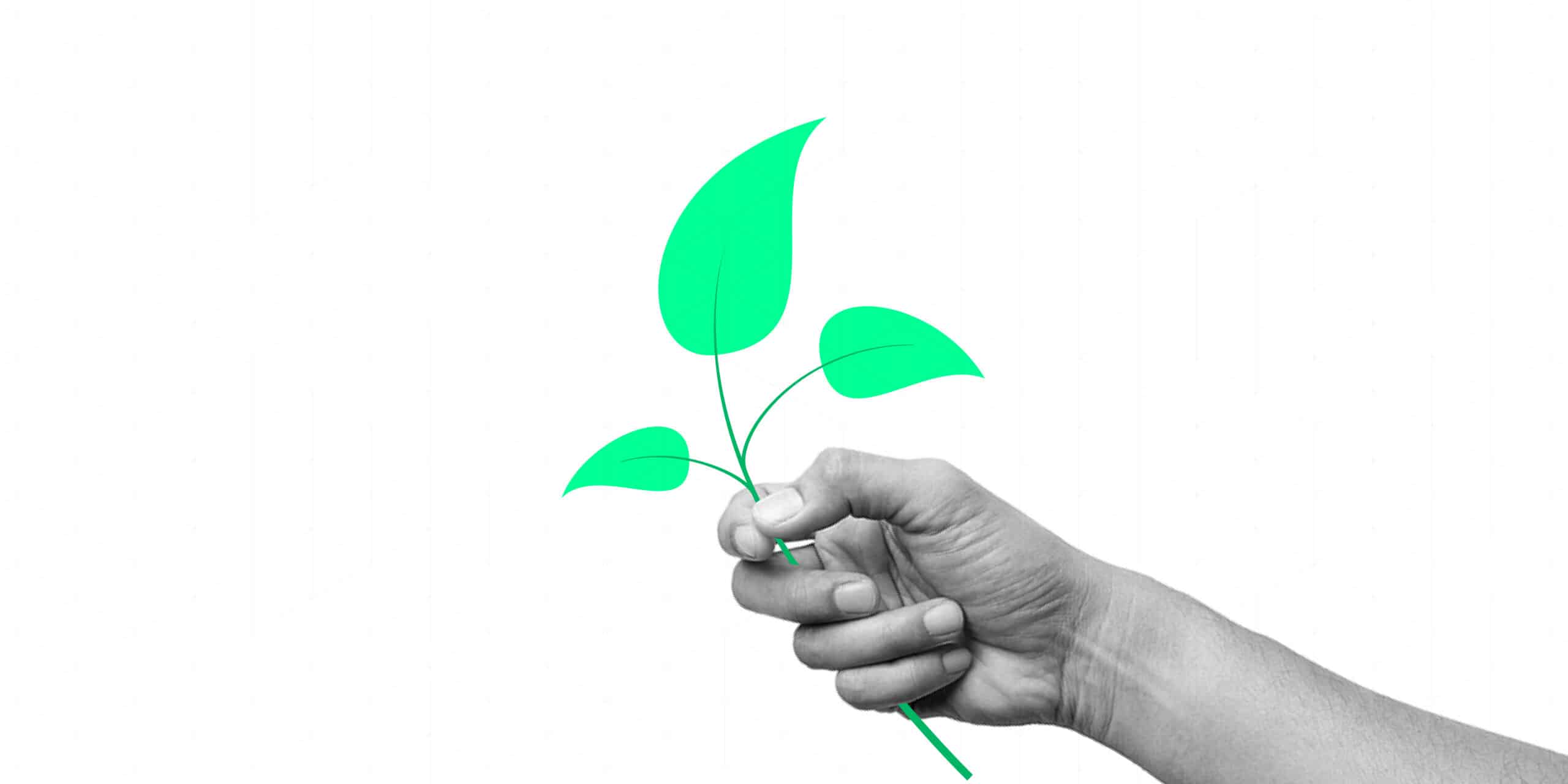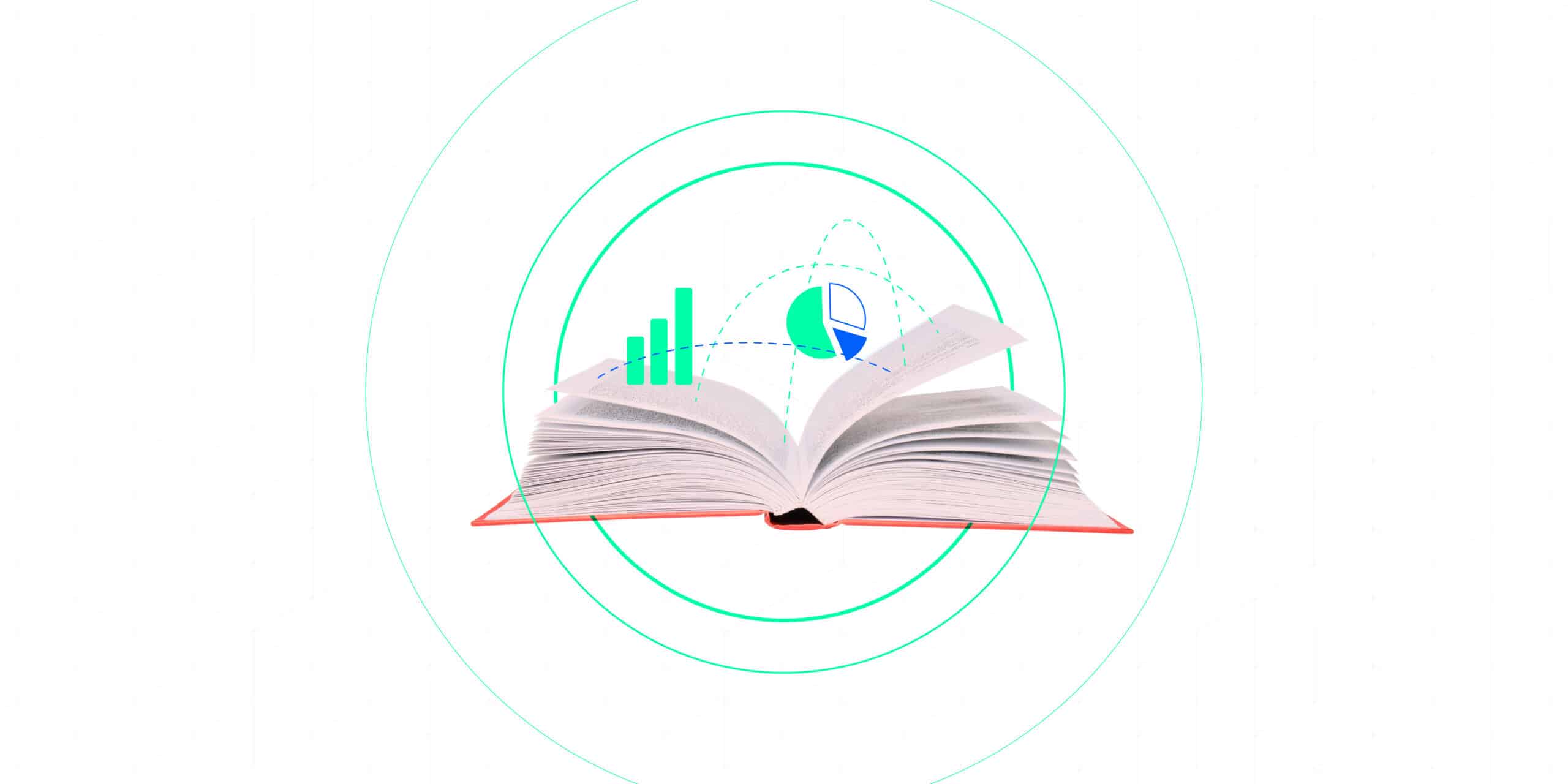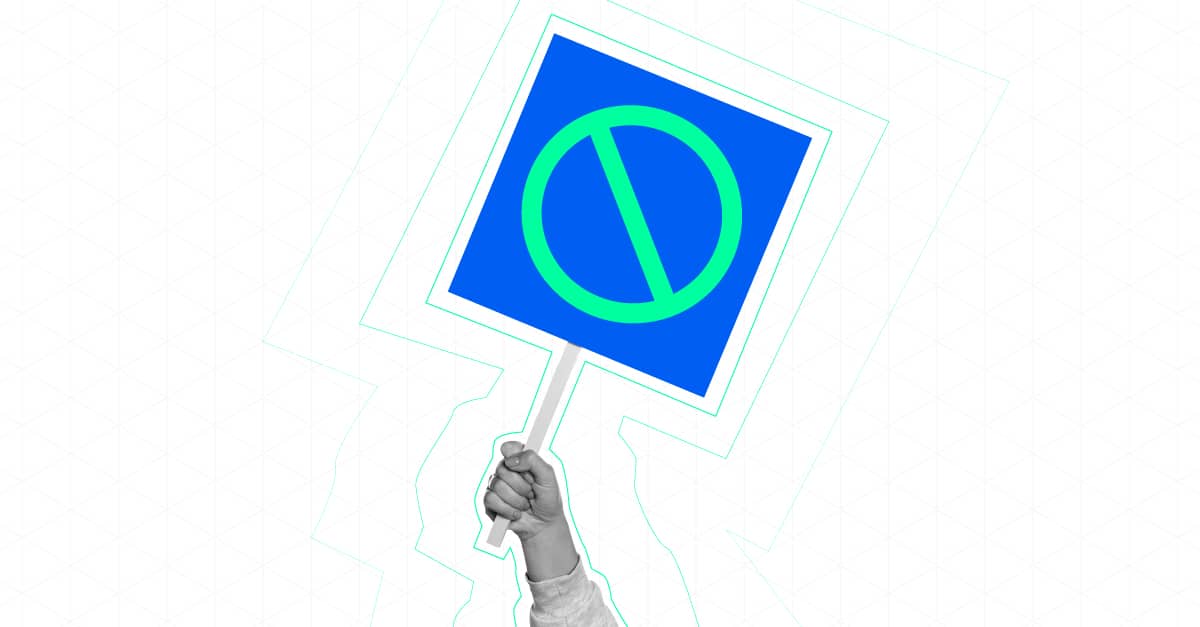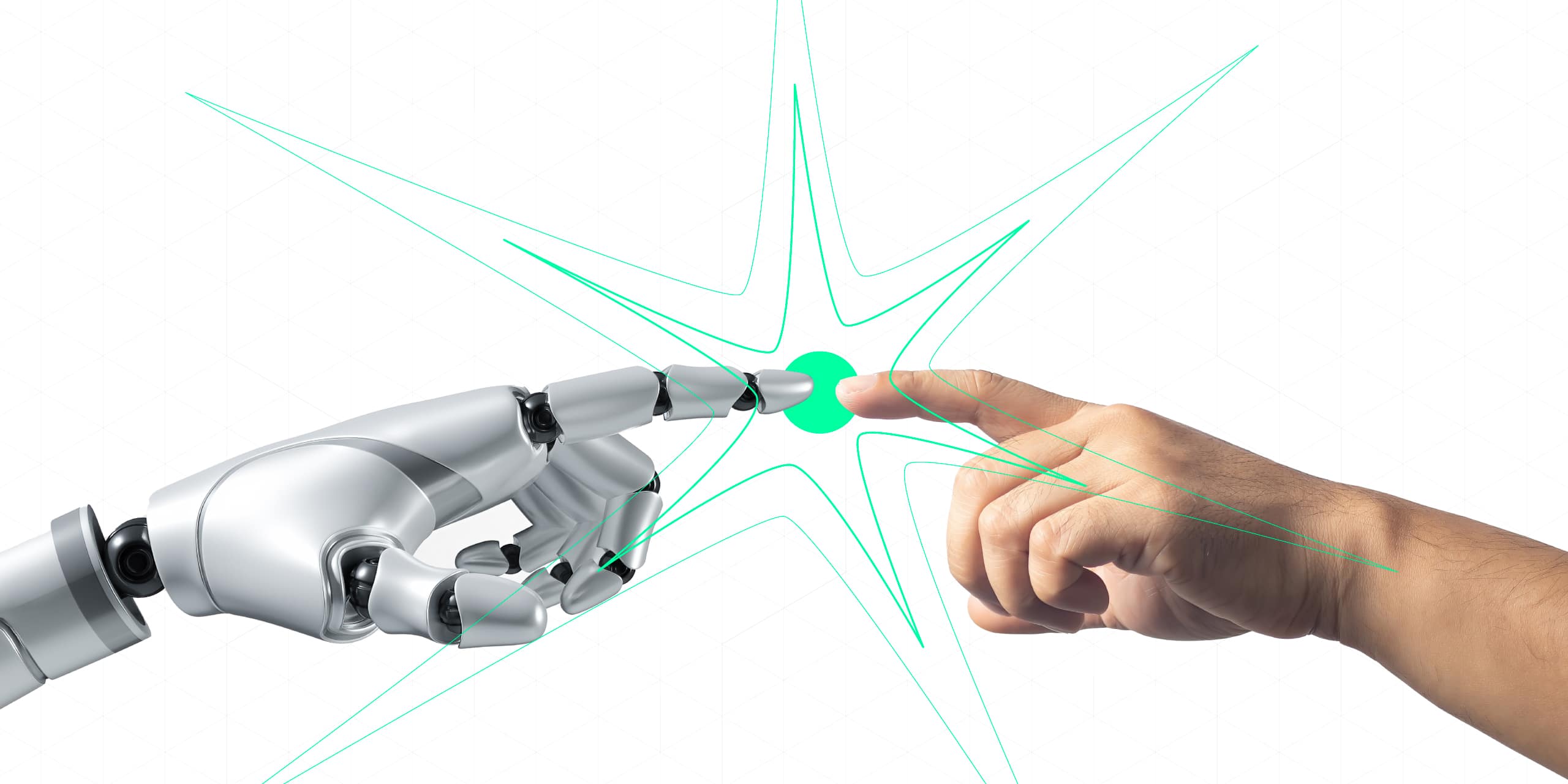Opening: A Matter of Course
The last few days of December are usually the time of year when media agencies around the globe reach into the vault to extract news highlights: major events and affairs, bold inventions and breakthroughs, leaky scandals, and horrible tragedies. The most recognizable images of each event are then produced into a supercut and hurled at us all: here’s the year 2020 in a nutshell. This may be a good product for a quick glimpse of what happened, but it’s otherwise of no use to anyone reasonably inclined to inquire into how we all got here.
Highlights of the year 2020 will without doubt bear images that are already too familiar: masks, sanitizers, Zoom calls, protective suits, lab hardware, TikTok videos, parked airplanes, empty streets, empty concert halls, and desolate fairgrounds. To look at these images, and to take the highlights at face value, is to miss a sizeable chunk of the year 2020, and that is the learning curve.
Looking back at the year 2020 right from the start to study the learning curve will reveal a striking detail we all lost in the process: we really were moving in the dark. Of course, there is no playbook for this kind of situation; it was an uncharted territory. Still, however, it did expose fundamental flaws in the way decisions are made.
We learned what’s going on slowly and gradually. The early days of the pandemic were understandably characterized by what now seems comically naïve: events scheduled for March were merely postponed to early April, and that is that. E-mails notifications were sent, apologies were made, and itineraries updated. Some inconveniences arose, but it wasn’t a big deal.
But the news kept coming. California registers the first community infection case. Another case is found in Tokyo, and a third in Brazil. The dots marking countries with Covid-19 cases on the map became small circles, and events were postponed again, this time to June, in what could have been either a bold move or a miscalculation. The small circles, however, became large circles, and events were postponed to July and August and September, all eyes on the year’s most prominent fixtures: the 2020 Summer Olympics, Expo 2020, Eurovision, and Euro 2020. What would they do?
But then the circles became large enough to cover the countries they’re meant to mark, and everything came to a halt. Entire cities under lock down, no cars on the road, and emergency mobile alerts. Leagues and tournaments disappeared from our televisions; spectators were at home, and so were the players. TikTok is zealously downloaded, #Quarantine trends flared in every direction on social media, and millions around the globe lost their jobs. The further we waded into the year, the further the old world seemed to be: the year 2019 wasn’t merely 12 months ago. It was a world ago.
-ENDS-
Events: Recovery and resumption
As we write these words, a sixth Covid-19 vaccine has entered the playing field. Mass vaccination programmes have been rolled out around the world, and millions of people in several industries are eagerly waiting for an accelerated return to normal. One such industry is events, having been dealt a devastating blow as the pandemic traveled around the world aboard planes and trains and cruise ships.
Within a few months of the first cases being reported in Wuhan, the entire industry was undergoing the throes of the crisis: concerts, premiership football, exhibitions, summits, conventions of all sorts – everything went dark. Early and considerably optimistic forecasts predicted a return to normal by summer 2020, but the course of events didn’t take kindly to that. Reality has quickly and decisively imposed its terms, and there wasn’t going to be any ‘summer’ either. When the true nature of the situation became unmistakably clear, organising committees started composing a dreaded message in whose general direction everything was obviously moving:
‘Our foremost priority is the safety of our visitors and staff, and we have therefore decided to call off [enter event name].’ ‘We are closely monitoring the situation and will keep you informed of further developments.’
Investments worth billions of dollars in event infrastructure, services and logistics went down the drain as the uncertainty of the situation suppressed any further attempt to predict what the rest of the year would look like. Consultancies and experts were hired to salvage whatever could be salvaged using technology or social distancing or both. Some events were favourably positioned to move online, others not so much. Scrambling to turn an event virtual without a playbook or a roadmap is typically an unpleasant exercise, but it helped reveal that some sectors were more agile and adaptive than others, and some events are better off going virtual altogether. Attitudes within and outside the events industry have categorically changed, and signs indicate that these changes will endure in the post-Covid future.
All eyes are now on vaccine production and transport capacity, and it’s reasonable to predict that most of the world’s most vulnerable will have been vaccinated by the spring. This will be crucial for jumpstarting the industry’s recovery, as the 2021 calendar is already brimming to the top with a large number of events postponed from 2020 (e.g., UEFA Euro 2020, Summer Olympics, and Expo2020), in addition to those originally scheduled for 2021.
But as the world prepares to turn the page on 2020 and everything that has transpired, perhaps we should ask ourselves: is this crisis about to end, from an economic perspective, and the recovery about to begin? Or is this a misjudgement that resembles what happened in early 2020? The new year’s earliest events, and the extent to which they are successful, may help shed some light on how the world’s different populations will return to normal – cautiously or impulsively.
[ENDS]
“You WFH?”
It took me a few seconds to work out what my friend was asking, in response to the news that I had, after four hard months of searching for a job, landed a new gig with an agency called Acorn Strategy. Those three letters are now a firm part of the employment lexicon and have come to define 2020 for huge swathes of workers who, through coercion or self-preservation are Working From Home. The chances are that, if you’re reading this, you spent at least a few weeks during the pandemic doing so yourself.
As a self-confessed hermit, for me, not having to go into an office every day has been one of the very few positives in a year that has taken a wrecking ball to convention. Not sitting in nose-to-tail traffic twice a day, not being dragged into office politics, not having to wear a shirt and tie five days a week – it’s quite liberating. I have to admit to being ahead of the curve here, however, as I spent a decade working from home in the UK as a freelance journalist, so it didn’t take much for me to readjust. I also have to admit that decade-long experience wasn’t ideal and was undeniably a contributing factor in my divorce before relocating to the UAE in 2011.
So with painful life lessons learned, would this new WFH stint be more successful? Certainly having a regular monthly salary landing in my bank account is a huge step in the right direction but the rest of the issues remain eerily familiar – recognising issues before they turn into problems is key to making this thing work.
Everyone’s situation is unique, of course. For us, having our son at home every day instead of school has been both a blessing and a challenge. Distance learning is far from straightforward when you’re trying to get a four-year-old to do his schooling via an iPad instead of a classroom, especially while trying to get oneself established in a new, full-time job. My wife working from home at the same time has been problematic at times, too, and the Abu Dhabi apartment we once thought as being extremely spacious suddenly resembled a stressful sardine tin. Adjustments to habits and expectations have been absolutely necessary, then, in order to avoid home becoming a place of discord.
I’ve never been one for rigid routine but when WFH it’s essential to have at least some sort of daily structure. For me that means not ‘signing on’ until 9am and trying to ‘sign off’ by 6pm. It means making sure to take a lunch break and taking time out to spend playing around with my son. It means ensuring my work is delivered when it’s due so that my evenings and weekends are clear.
Technology has been a lifesaver and I cannot imagine getting through a year like this a decade ago. I started working with Acorn on 2 June and immediately dived into Microsoft Teams – a platform I’d had zero previous experience with. It took a few weeks to bet used to, but I cannot sing its praises highly enough. It isn’t perfect but it’s intuitive enough for a dinosaur like me to use as a one-stop shop for all office-related work, from video and voice calls, to file sharing and archiving, diary management and work scheduling. It’s an incredible tool and I now cannot imagine working without it.
I manage to work as part of a well-organised and motivated team of professionals and keep the agency’s clients happy yet, weirdly, I am still yet to physically meet the majority of my colleagues. Thanks to hereditary health matters I am categorised as ‘high risk’ when it comes to Covid-19 and need to remain diligent without becoming paranoid or overtly anti-social, so my appreciation of the tech that allows me to provide materially for my family while staying as safe as possible is without question. I am extremely fortunate.
Seven months in, do I feel the need to go back to working in an office? Categorically, no. I do occasionally miss the banter with colleagues and, while the IT tools at our disposal are indispensable, written communication can at times be misconstrued resulting in confusion and sometimes even the taking of offence. It’s much easier to crack a joke verbally and visually.
This is a small price to pay for WFH. The positives far outweigh the negatives for me, but I fully understand why you or anyone else might feel the opposite. Perhaps if we had more children then I’d feel differently, too, but as things are, I’ve come to love sharing the same space as my son and we’re far closer than we’d otherwise be.
It has helped, too, working for an employer that’s understanding and accommodating – when the authorities permitted offices to reopen with Covid-secure measures in place, it was made very clear to me and my colleagues that Acorn’s office was available if we wanted or needed to make use of it. The choice has always been ours. Like I said, I am extremely fortunate.
Yes, I am WFH. And long may it continue.




